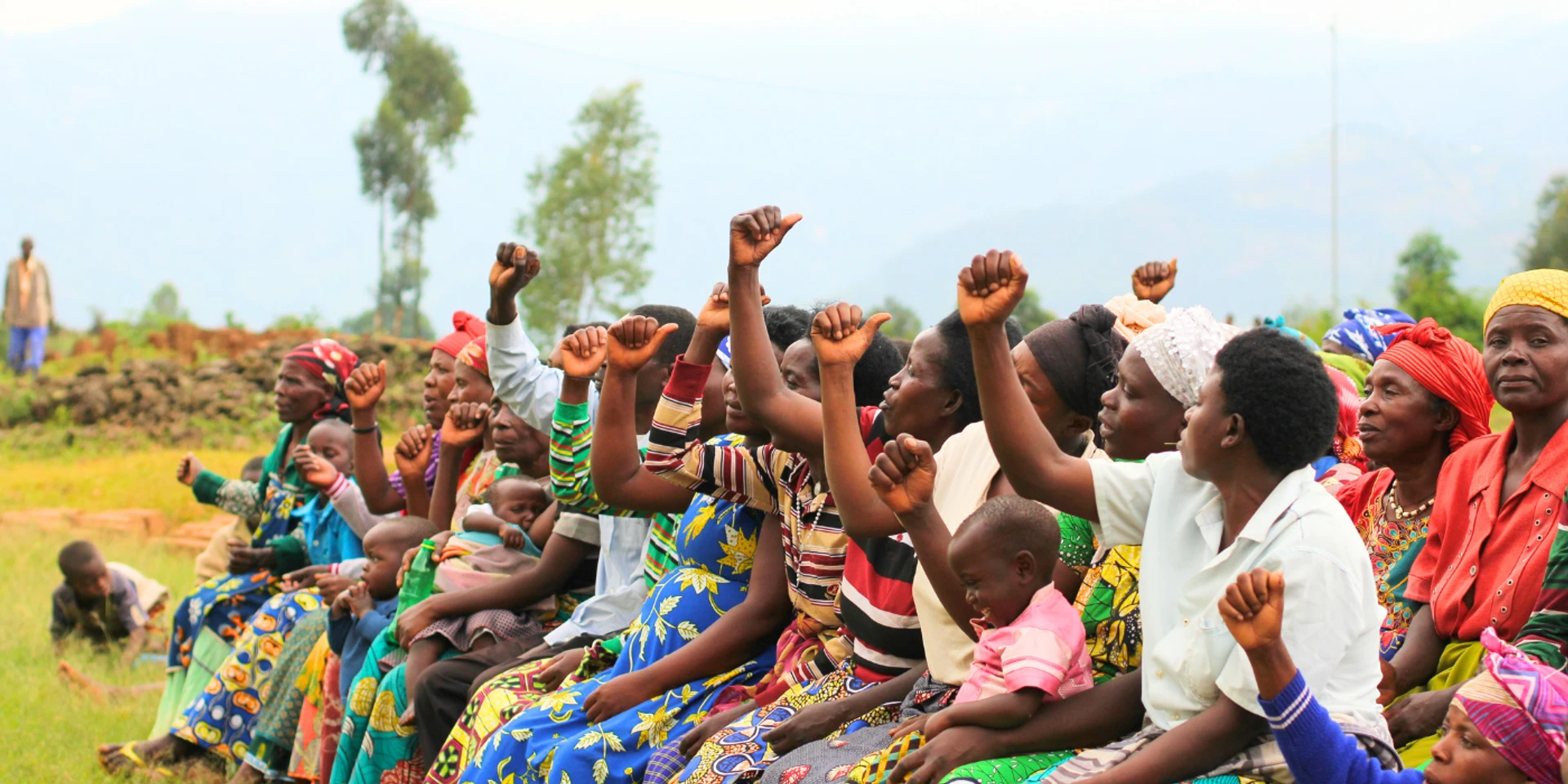CPAID Course

Public Authority and Humanitarianism Course
The Firoz Lalji Institute for Africa and the Centre for Public Authority and International development held two courses on public authority and its application for early- and mid- career scholars, humanitarian, and development professionals.
The courses took place over eight weeks and examined how public authority can be used in a professional environment.
The course was mostly online, but included two two-day workshops in Kampala and Juba. Each workshop was attended by practitioners and academics from the region keen to explore how a public authority lens could be applied to their work.
The first day focussed on the concept of public authority, its application to case studies of humanitarian programming and the importance of notions of legitimacy.
The second involved a public authority mapping exercise and an in-depth discussion of CPAID research on humanitarian protection, self-protection strategies and public authority.
Throughout, participants brought their experience of responding to the region's humanitarian challenges while working for organisations including the UN Mission in South Sudan, international NGOs, and civil society organisations. This led to lively exchanges and debate over the challenges and opportunities of engaging public authorities in programming.
The two workshops took place on 2 and 3 April 2024 in Juba, South Sudan and on 8 and 9 April 2024 at Makerere University, Kampala, Uganda.
For more information and to register your interest, please see below:

| Week, topic, and facilitators | What to expect |
| Week 1- Introduction to Public Authority Professor Tim Allen, Dr Eliza Ngutuku, Dr Naomi Pendle, Dr Tom Kirk | During the two-day in-person part of the course we explored why humanitarian and development professionals need to be aware of how public authority is created and maintained in the places they work. We covered ways of thinking about public authority, and efforts to engage it across a range of pressing issues. Throughout we encouraged participants to share their experiences and insights, with a focus on peer-to-peer learning at the heart of the sessions. |
| Week 2 - Grassroots Organising, Protection and Public Authority Dr Eliza Ngutuku | Grassroots and community-based actors are often key to protection against violence. This week explored these actors' roles in protection and how they interact with other forms of public authority such as NGOs and the state. |
| Week 3 -Violence, Security and Public Authority Dr Rebecca Tapscott | This week explored local-level security dynamics, including who can use coercion and how in different settings. We dived into the complex and often murky relationships between state institutions like the police and military, and initiatives like vigilantism, community policing, and militias. |
| Week 4 -Epidemics and Public Authority Dr Jonah Lipton | This week explored social and political responses to epidemics, and the workings of Public Authority during times of humanitarian emergency. It deep-dived into the West African Ebola epidemic and the complex interplay between everyday life, humanitarian intervention, and Public Authority. |
| Week 5 -Public Authority in Anticipatory Humanitarian Action Professor Nicole Stremlau, Samuel Olaniran | Humanitarian organisations are increasingly using AI and big data to predict crises and plan their responses. We looked at this in relation to two aspects of public authority - how researchers include information from public authorities into their model; and how arising responses to crises can be communicated in humanitarian situations to, and through, public authorities. |
| Week 6 -Justice and Public Authority Professor Anna Macdonald | This week explored the politics and ethics of transitional justice in the absence of substantive political transitions. We explored how different ideas and practices of justice, accountability, social order, and reconciliation are promoted by a range of public authorities, from International Criminal Court prosecutors and multilateral agencies to domestic state actors and local cultural and religious leaders. |
| Week 7 -Armed Groups and Public Authority Professor Koen Vlassenroot | This week explored how a public authority lens helps us to better understand the ambitions and conduct of armed groups: they respond to collective needs and obligations; they share and reproduce social practices giving meaning to local society; and they are a dominant force in politics, resource control and social relations. We looked into governance mechanisms and strategies of armed groups, their use of a language of stateness to claim power, and their role as power brokers in conflict-affected societies. |
| Week 8 -Assessment | Course participants were asked to write a 3000-word "policy essay" on how a public authority lens could inform their work. |